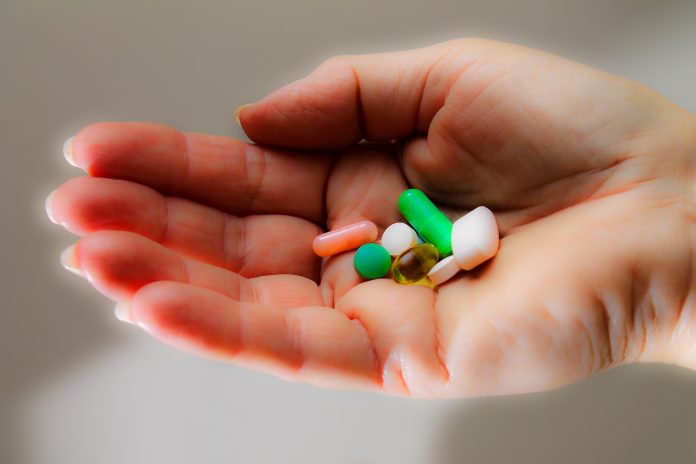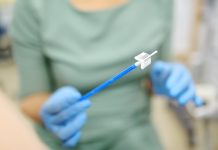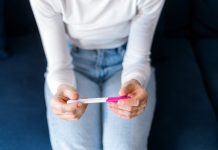Sexual minorities, especially women, are more likely to have substance addictions due to discrimination, stress and childhood trauma
“The degree of disparities in alcohol, tobacco and other psychiatric disorders by sexual identity was very surprising,” said Rebecca Evans-Polce, assistant research scientist at the University of Michigan School of Nursing and first author of the study.
“The differences for women are more striking.”
Studies have shown that lesbian, gay and bisexual individuals have greater risk for both substance use disorders and psychiatric disorders, and the prevalence varies by gender. The University of Michigan study is one of few that examine at whether they are at greater risk for substance use disorders and co-occurring psychiatric disorders.
The difference is particularly striking for bisexual women
One of the largest differences was that bisexual individuals (18%) overall were four times more likely to have PTSD than heterosexuals (4%). Bisexual men had a particularly high prevalence of past-year alcohol use disorder (31% vs. 17% heterosexual) and tobacco use disorder (41% vs. 23% heterosexual).
Bisexual women, compared to heterosexual women, had a particularly high prevalence of anxiety disorders, (32.5% vs. 16% heterosexual), mood disorders (35% vs. 15% heterosexual) and post-traumatic stress disorder (21% vs. 6% heterosexual).
The use of tobacco and the link to mental health
For example, 63% of bisexual women who misused tobacco also had a psychiatric issue–anxiety or mood disorder or PTSD–compared to 46% of heterosexual women with a tobacco use disorder. Among those who met criteria for a past-year tobacco use disorder, bisexual women were also more likely to have PTSD (31%) compared with heterosexual women (13%), she said.
Discrimination, stress and childhood trauma were associated with greater odds of psychiatric disorders among lesbian, gay or bisexual individuals, with greater social support inversely associated with tobacco use disorder and coexisting psychiatric disorders.
“In addition, combined social inequities and stress resulting from both sexism and heterosexism may contribute,” Evans-Polce said.
“Other factors identified in research by our (Center for the Study of Drugs, Alcohol, Smoking and Health) have shown that bisexual women also report much earlier onset of alcohol use and are more likely to experience adverse childhood experiences.”
The study is scheduled to appear in the November print issue of the American Journal of Psychiatry.











